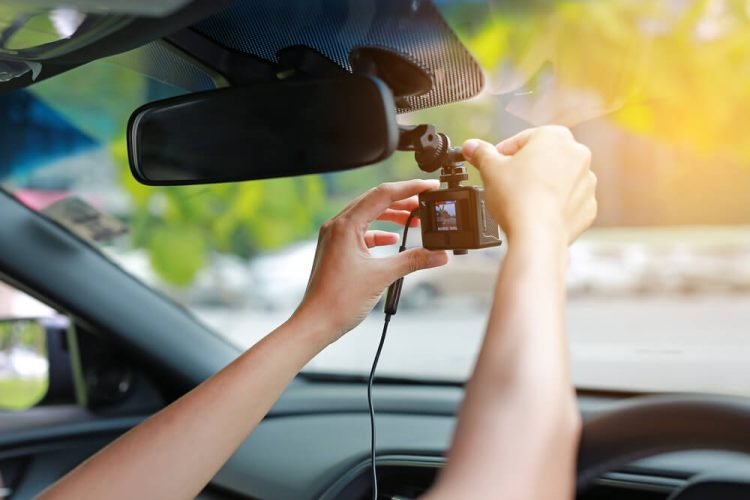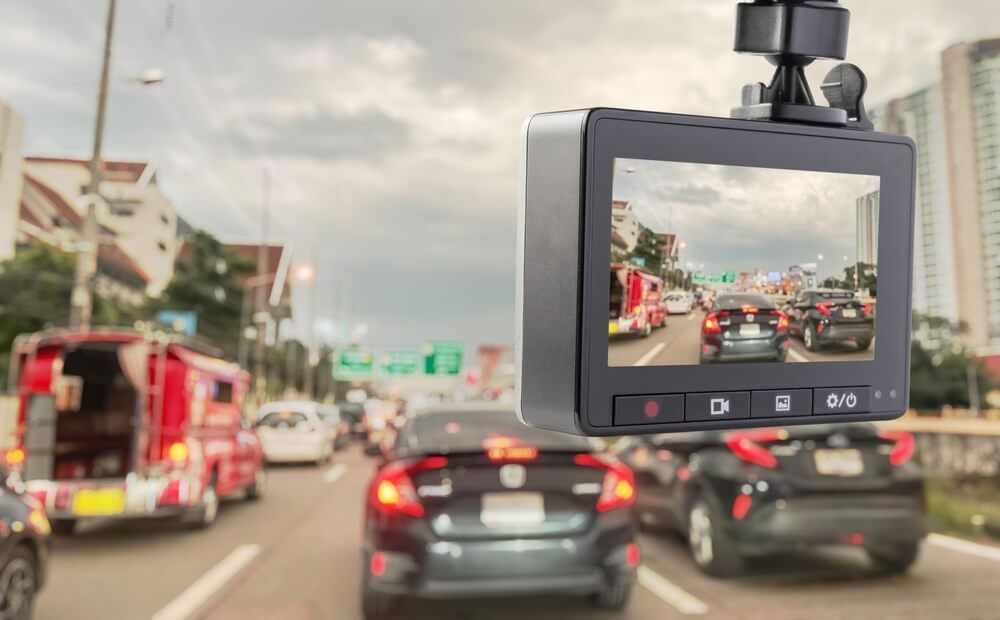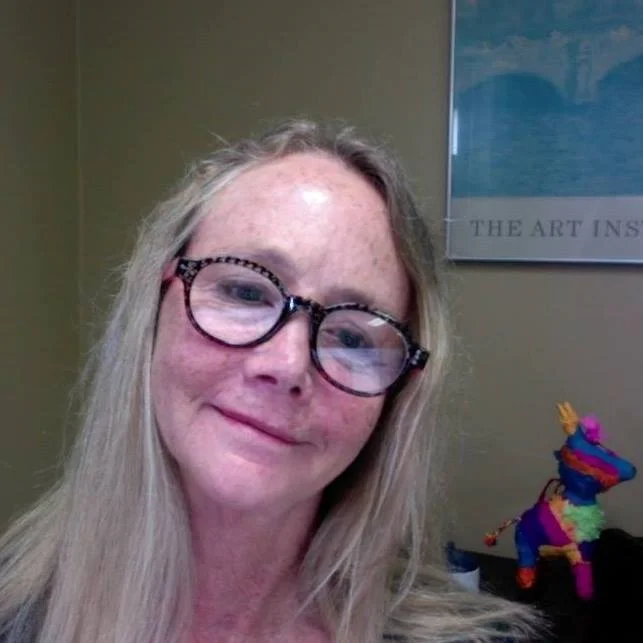
Installing a camera on your dashboard can be a great way to get peace of mind while you’re on the road, but do dashcams help insurance claims? Modern dashcams are more than just cool pieces of tech; they could potentially make or break your next car insurance claim.
Dashboard cameras have become increasingly popular in recent years, and it’s clear to see why. Having a dash camera allows you to record your surroundings before, during, and after an accident, ultimately giving you a whole bunch of evidence if you ever get hit. Here’s a breakdown of the dashcam craze, including how they work when it comes to insurance and how to use them effectively.
How Dashcams Work and Why Drivers Use Them
Dashcams work by recording your surroundings from your car’s dashboard. Typically, they aim outwards, but some cameras also record the interior of the vehicle. Some people also set up cameras in different spots to capture other angles on the road, such as behind the car.
Some versions record continuously, while others turn on when they detect motion or another trigger. Regardless, people typically use them to gather additional evidence for their insurers or the police in the event of vandalism, theft, or a collision with another vehicle.
Can Dashcam Footage Help with Insurance Claims?
Do dashcams help insurance claims? The footage from your car’s camera can absolutely help out with your insurance claim, as long as it helps prove that you aren’t at fault. Sometimes, insurance adjusters or law enforcement may not be able to determine who caused an accident by simply looking at the aftermath, even if it’s a common car accident situation. In that case, video evidence is helpful.
Proving Fault in an Accident
The main role of dashcams is to determine who was at fault in an accident. If there’s a dispute, you can use your recording to back up your version of events. However, it’s important to be absolutely certain that your video helps prove the other party is at fault. Sometimes, a driver may not realize that the footage actually places them at fault. Be sure to carefully review each clip before sending it to your insurer, just in case you may not want to file a claim.
Supporting Claims Against Fraud or False Accusations
In some cases, bad actors will attempt to rope you into insurance fraud on the road. They could falsely accuse you of violating traffic laws or even back into your car and claim you rear-ended them. In that case, dashcam footage is invaluable in proving your innocence and catching the fraudster.

What Insurance Companies Think About Dashcams
Many insurers are now familiar with dashboard cameras and regularly use their footage to resolve claims. So what does that mean for you as a driver, and how do dashcams impact insurance rates?
Will a Dashcam Lower Your Premium?
In most cases, insurers won’t provide you with a discount simply for having a video recording device on your dash. However, driving with a camera can help you prove that you weren’t at fault in a collision. This will help you avoid having at-fault accidents on your record, which can ultimately keep costs lower.
States Where Dashcam Footage Is More Likely to Be Used in Claims
Dashcam recordings can be used in all 50 states. However, some states only allow video recording and not audio recording due to two-party consent laws. It’s important to check what kind of recording is permitted in your area before you install your camera and make your dashcam insurance claim. You should also make sure that it’s placed correctly, as some states have regulations around where you can put a dashcam. Here are some examples of states where dashcam footage is likely to be used in claims and rules surrounding those cams:
- Mounted on the Windshield: Alaska, Arizona, California, Colorado, Florida, Hawaii, Illinois, Indiana, Maryland, Minnesota, Missouri, Nevada, North Carolina, Utah, and Vermont allow dashcams to be mounted on the windshield, although it is important to note you still need to review the legal placement.
- Specific Placement Requirements: Massachusetts and Minnesota have very specific rules where you can mount a dashcam. Other states also have these regulations, so be sure and check before installing one.
- Premium Discounts: New York is one state that offers premium discounts for the use of dashcams, illustrating how much value these devices can play in the solving of fault and blame in accidents.
Tips for Using Dashcams Effectively During a Claim
Dashcams are pointless if you don’t know how to use them. Here are a couple of important things to know to get the most out of your new camera.
How To Safely Collect and Submit Footage
First, make sure that your camera is configured correctly to ensure that it will record at the right moments. Many dashcams will work alongside an app that you can use to check and store footage. If you need to file a claim, make sure to quickly download any relevant footage from the app.
Next, communicate clearly with your insurer. Once you’re certain that the footage verifies that you weren’t at fault, send the footage through your insurance app or through email to your insurer. You may also want to send the recording to law enforcement if there was an event like a hit-and-run or a break-in.
Best Dashcam Features to Look For
When buying a camera, look for features that will maximize visibility to ensure you have quality footage. That can include things like high-def video and night vision. It can also be helpful to have a GPS that will tie each clip to a specific location, which can be helpful in determining fault.
Protect Yourself on the Road — With a Dashcam and the Right Insurance
Do dashcams help insurance claims? Ultimately, they’re a great tool for speeding up the assessment process and proving fault, especially if other evidence is inconclusive. Having dashcam footage as car accident proof can give you valuable peace of mind and help you avoid costly price hikes for your premium.
After exploring the best dashcams for insurance claims, make sure you have the best insurance around to process your footage. At Freeway, we’re on your side, so we’ll be there to help you sort through the evidence if you ever get into an accident. Secure your peace of mind by getting an online quote, coming to a local Freeway Insurance office, or calling 800-777-5620.



